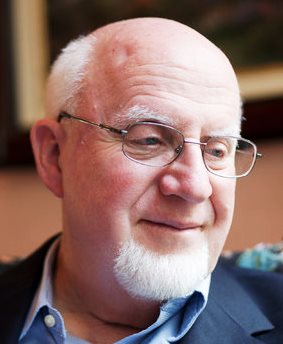
A gracEmail subscriber has encountered at least two groups of Christians who each claim to be the only true church. “What is that all about?” the subscriber asks.
* * *
Various Christian groups have claimed to be more true, authentic, scriptural, or historic than others, and therefore in some way superior. Different groups base their claim on different kinds of evidence. The Roman Catholic Church and the Eastern Orthodox churches all say that the original apostles passed their authority to bishops who replaced them (“apostolic succession”). This resulted in an unbroken line of authoritative leadership through the centuries (“historic episcopacy”), marking them as the true church.
The Anglican Communion does not claim to be better than other churches, but insists that its own line of bishops makes it as authentic as any. The Reformation churches (Reformed, Presbyterian, Lutheran) based their legitimacy in part in their leaders’ ordination, alongside the observance of the sacraments and the preaching of the gospel. The radical reformers (Anabaptists, e.g., Mennonites) defined genuine Christianity in terms of individual discipleship and personal confession of faith in Christ rather than by institutional or historical markers.
Others say they are the only true church, and as evidence point to a chain of churches rather than of bishops. A minority Baptist movement called Landmarkism claims to trace a solid line of Baptist churches from today back to the Apostles. Only churches of their variety are true churches, say these folks. This means that only someone in their churches can administer proper baptism, which means that they are the only true Christians.
Alexander Campbell did not believe that his movement contained the only Christians, but saw himself as a reformer within the larger Christian church. He urged all Christians to drop sectarian names and to be known as Christians only. Unfortunately, many within his restoration movement lost the movements original, ecumenical vision and came to see themselves as the only true Christians and only true church. That understanding is disappearing more and more with each passing year as Jesus Christ is preached and seen in light of the gospel.
CONTINUED